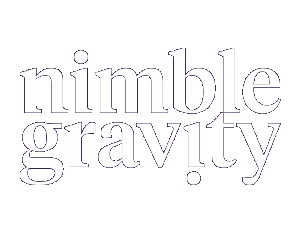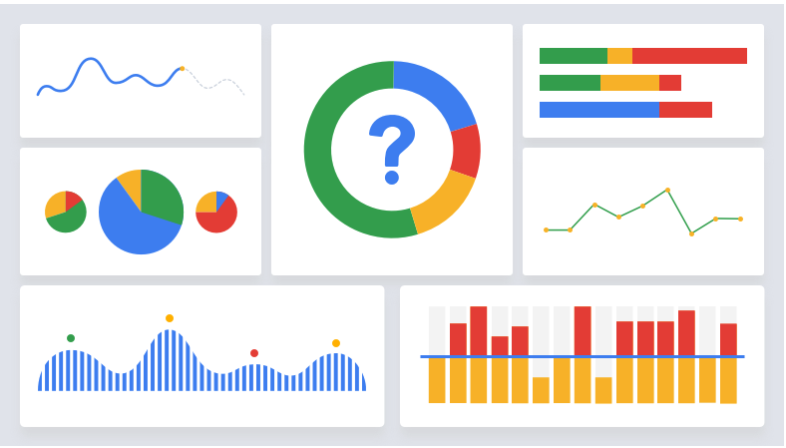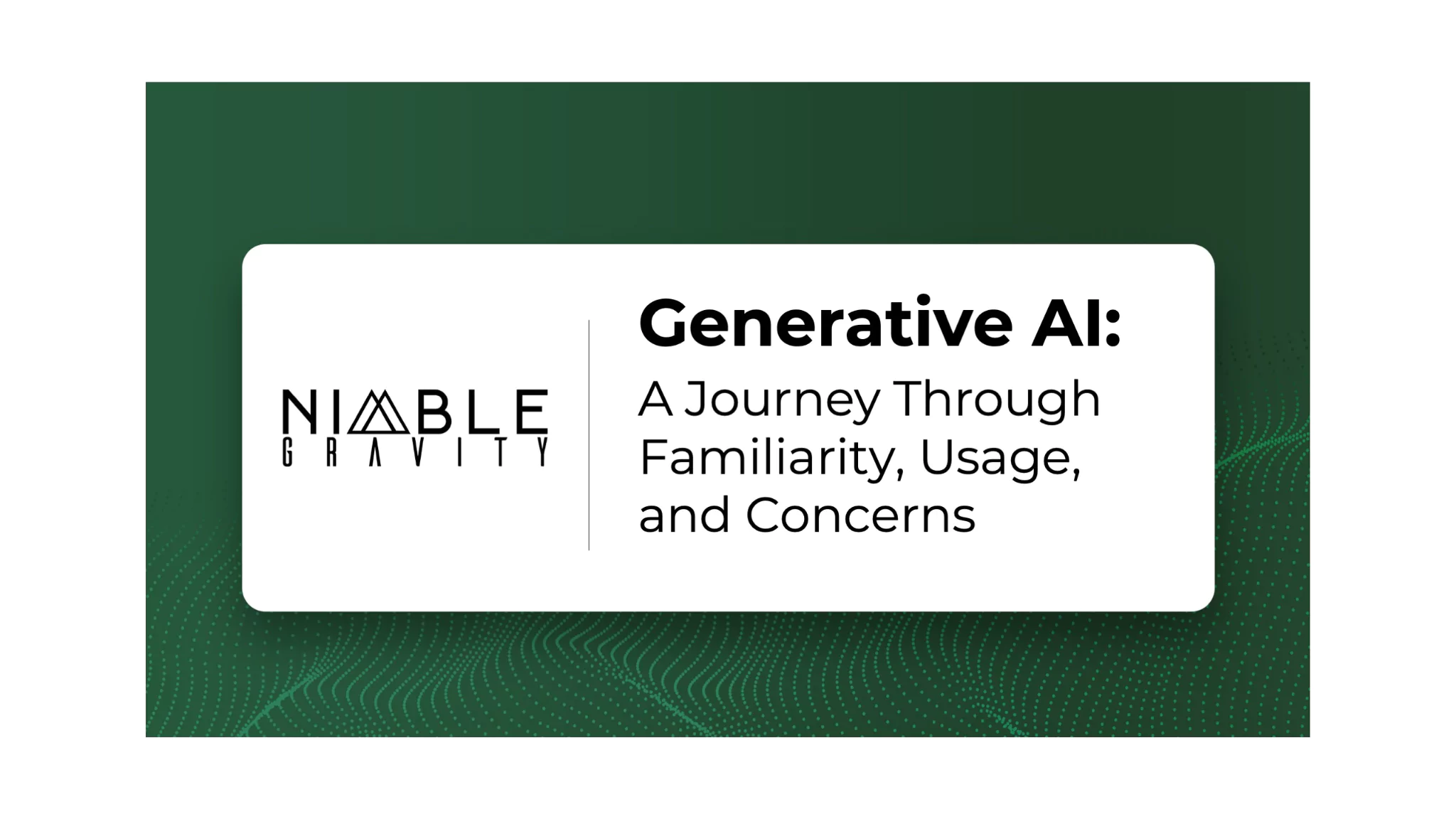Our thirst for instant, relevant information is unending. Google, arguably the reigning king of search, has always been at the forefront of innovation to quench this thirst. For this article, let’s set aside that the landscape of “Search” is evolving, and I for one would consider it shifting towards platforms like ChatGPT, Instagram, Snapchat, TikTok, Reddit in addition to traditional search engines. Now, Google is exploring the domain of generative AI for search. Google may be poised to redefine our information-seeking habits yet again.
Introduction: A Glimpse into Generative AI
I know most of you reading this probably are somewhat familiar with Generative AI (artificial intelligence), but in case you’re new to the topic, let’s just describe things a bit. Generative AI refers to machine learning models (machine learning models are computer programs that learn from data to make decisions or predictions.) that can generate new, previously unseen content. When applied to search, this means that instead of simply scouring the web for pre-existing answers, the AI can "create" answers or summaries based on the vast information it has been trained on.
Google’s Search Generative Experience Capabilities
Here are the highlights:
Responses that are AI-Generated: Users may receive direct definitions, diagrams, and relevant images for complex terms, making the search more appealing and informative.
Elevated Support for Coding: With color-coded syntax highlighting in generated code snippets Google is making it easier for people to understand and even learn code.
SGE while Browsing: This is touted as a revolutionary feature that generates summaries and key points of lengthy articles, allowing for a quick consumption of the content.
Real-World Use Cases & Experiences
Our own experience with the feature yielded mixed results:
- Competitor Knowledge: Asking the AI about our competitors didn't return any specific information, merely generic search results pertaining to our own company.
- Controversial Topics: When I searched about a recent controversial news topic (purported alien bodies being shown to the Mexican Congress), Search Generative Experience refrained from generating a summary and instead provided normal search results.
- Decision Making & Recommendations: Generic questions like "What is the best CRM Software?" yielded results that resembled a standard Search Engine Results Page (SERP). However, when asked, "How should one select a CRM?", the AI provided a structured multiple-step process. But, when seeking more interactive help like "Can you help me select the right CRM for my business?", the AI faltered, offering recycled answers from previous queries. In contrast, when posed with similar questions, ChatGPT was interactive, offering narrowed down options and recommendations.
- Book Summaries: When I asked about specific topics like the book "Fight Club" by Chuck Palahniuk, the Search Generative Experience did very well to summarize the book's story and themes, showcasing its potential for academic and literary pursuits. This was one of the better functionalities in my opinion.
Challenges: The Road to Refinement
Ensuring the accuracy of AI-generated content remains a significant challenge. The reliability of search results is contingent on the sources they are drawn from. If those sources are outdated or incorrect, the AI's output will reflect these flaws. Our experience underscored this, as the AI's summaries about us were sometimes outdated, emphasizing the importance of regularly updating online data. This has always been a responsibility of a company or individual (same for personal websites, resumes, etc) – but now with search engines gaining the functionality to summarize this data from multiple places, the urgency and priority of keep this data fresh has increased.
Also, Search Generative Experience doesn’t provide a real-time interactive or contextual awareness, like those of us who have been using ChatGPT are getting comfortable and familiar with. For Google's Search Generative Experience to really revolutionize search, it is going to have to bridge this interactivity gap.
The Silver Lining: Unprecedented Benefits
Despite these challenges, there are many potential benefits:
Efficiency: Searchers may get concise, relevant information faster, thus enhancing their productivity.
Learning: Breaking down complex topics, summarizing writing, providing definitions, and natural language answers to questions can make learning more intuitive.
Web Navigation: With AI-generated summaries, users may also be able to swiftly navigate through dense web pages.
Conclusion: The Road Ahead
Google's Search Generative Experience begins to showcase the untapped potential of AI in reshaping our online experience. As we navigate this new frontier, it's essential to appreciate the strides made while staying mindful of areas needing improvement, which in my opinion are still many at the time of this writing. The future of search is not just about finding information—it's about creating a seamless, interactive journey to knowledge.
















